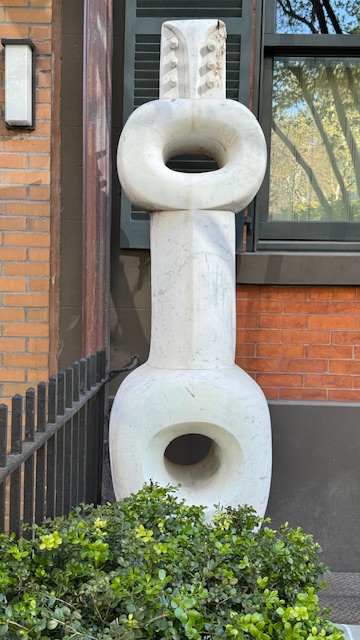I was nervous. I had agreed to participate in a Zoom panel which included reading from my pre-published book, In the Time of Coronavirus. but it’s been a long time since I’ve spoken to a group. As I was practicing, reading the blog post a few times, I noticed my voice sounded like it was stuck in my throat. I did not think that was a good thing.
It’s allergy season. I hadn’t grown up with allergies. That role was my brother Joel’s realm. He was racked with sniffling and sneezing in the spring with hay fever, pollen allergies and more. As much as he loved little league, his nose itched on third base. I wondered if he could even see the ball given his watery eyes. He did well enough. But it was not until now, in my mid-sixties, that I can appreciate what he’s gone through his entire life.
Allergies are not pleasant. And even less so when I want to read with authority. But I needn’t have worried. When I looked at the attendees, I noticed so many kind and supportive faces and names, both those I knew, and those who came for the other authors. I settled in, allergies and all, and listened to the two other panelists, knowing it was better for me, and for them, that I stay focused with what they were reading rather than reside in my head worried about how I would do.
In fact, the show of support helped me to feel grateful, which in turn buoyed me to simply read and not watch my own performance. I’m not sure how I did, but the experience was extremely fulfilling. It’s so easy to be grateful when in the presence of caring individuals.
Self-Care Tips:
- When you get your hands wet, rather than just washing them or drying them, feel the water, appreciate the wet sensation of touching water. Let the sensation of having water move through your hands capture a new perception of being in the moment.
- Say Good night to yourself. It’s a simple acknowledgment that your day has come to an end and it’s time to put yourself to sleep.
- Observe how you feel when in the presence of others. If you feel confident, energized or at ease, you know you’re in good company.























